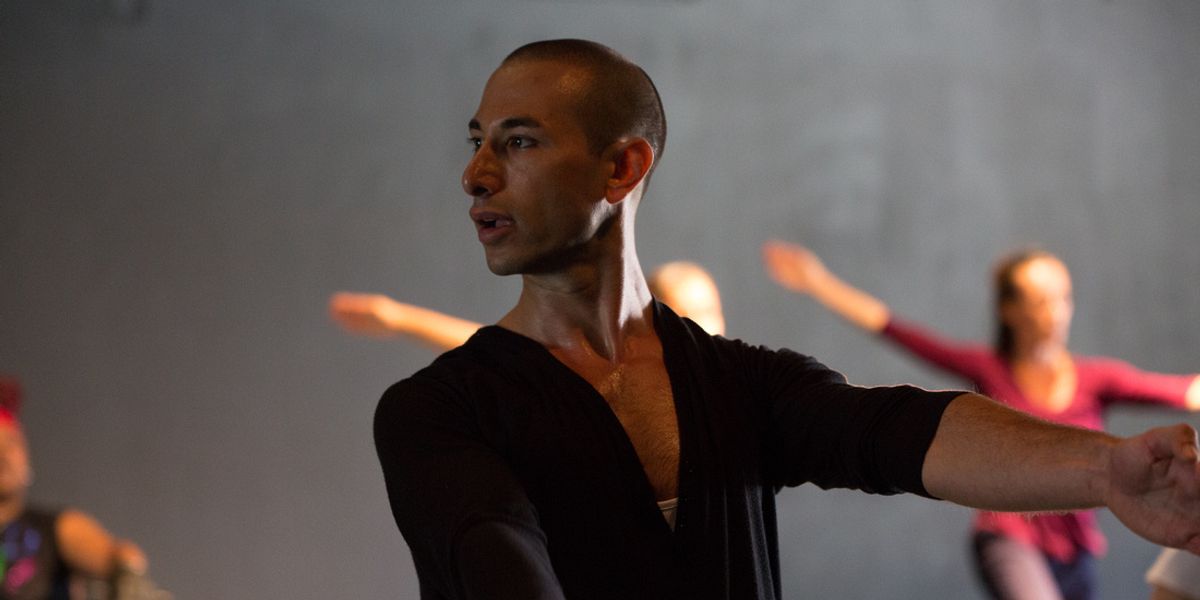Pioneer Winter's New Project Mines the Experiences of Underrepresented Queer People
Focusing, as always, on beauty outside the mainstream, Pioneer Winter has mobilized his “tropical militia”—a recently expanded group of collaborators—to document the trajectory of overlooked queer people. As the director-choreographer’s most ambitious project to date, Birds of Paradise comes with an original score by Juraj Kojš and costume design by Chaplin Tyler—both firsts for Pioneer Winter Collective, one of our 2019 “25 to Watch.” The dance-theater work, which stems from intimate LGBTQ+ experiences, embraces both rage and exultation. Commissioned by the Adrienne Arsht Center for the Performing Arts, which named Winter artist in residence for two years, the work’s Miami premiere shifted due to COVID-19 from this October to September 2021, with touring to follow.
Describe the basis for
Birds of Paradise.
For queer folk underrepresented even within the queer community—elders, people of color, those of transgender experience or with disability—erasure is prominent. But finding dance in all bodies is what I love. Our identities intersect and become affected. We complicate but also restore each other.
I thought at first this would be about great queer deeds, but really it’s about the moment before the act. The self-talk that makes it happen. The desire to revel in but also transform our bodies. How we endure collapse and turn falling into flight.

Karloz Torres, Courtesy Winter
Why did you want your collaborators to explore antiracist resources?
“Allied bodies” for us isn’t just a tagline. We strive to dismantle the elitism pervasive in dance and explore those excluded from gay liberation’s domination by white, able-bodied men. Discussions about systemic racism speak to what’s made this project necessary.
In the Black Lives Matter protests I attended, there was also something incredibly powerful about the taking up of a space. We were walking down a street, and another group would meet us, and there would be a merger, a familiarization with each other. And celebration became as authentic as resistance. In a way we’d already been doing that in rehearsals. We need joy more than ever to keep thriving.
How will you move towards performance?
Shifting our practice from the physical to the virtual was jarring. Because we’ve since tiptoed back into physical meetings, starting on my backyard deck to rehearse one-on-one, I’m adding 8 to 10 film choreo-portraits, each focusing on a collaborator, to be projected in the live work or as installations.
What has this project taught you?
A lot about leadership—in the current climate, that it’s okay not to be okay. And patience. Our situation got me wondering about the importance of dance. The voices of artists can now ring louder than the gatekeepers.




